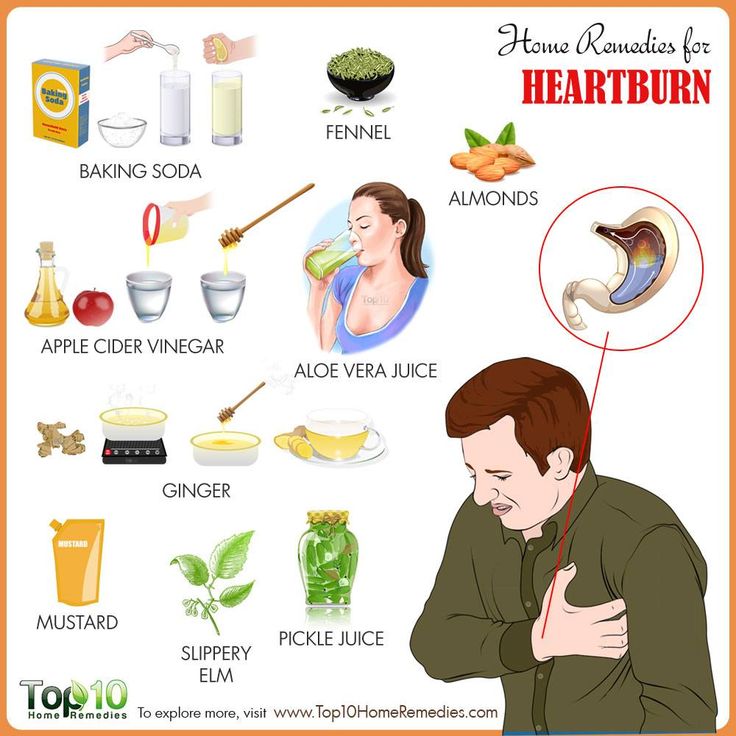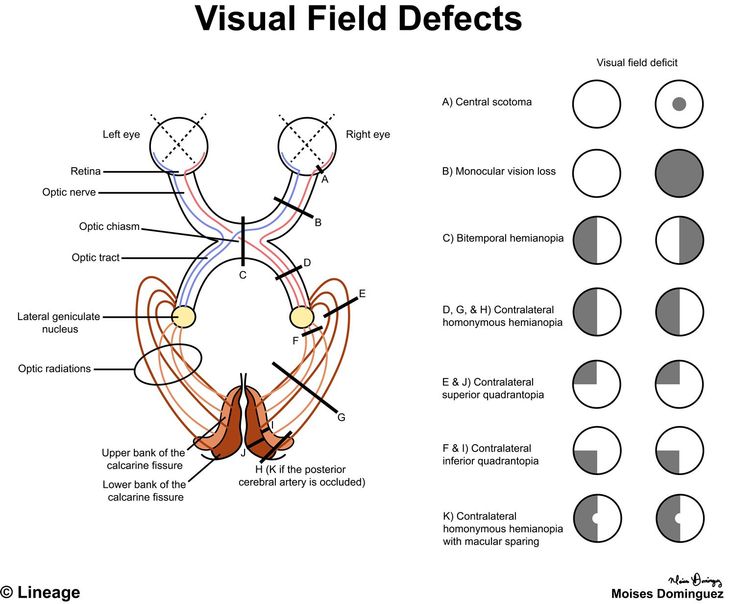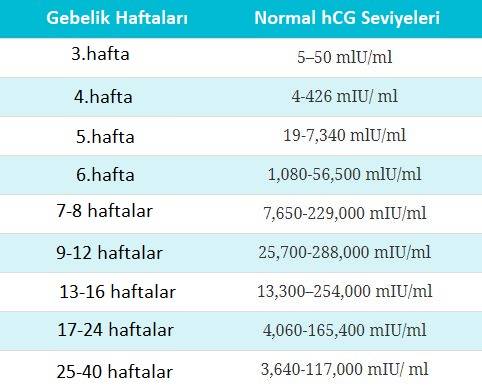Vitamin k for newborns pros and cons
Seven things every parent needs to know about vitamin K
Good information about vitamin K is key for every parent.
In most countries, one of the first decisions that parents need to make for their baby is whether or not they want their baby to have vitamin K. If they do, it’s usually given within the first hour of birth.
It’s your decision whether or not your baby has vitamin K. It’s also up to you to decide which kind of vitamin K (oral or injection) you want your baby to have. So you’ll want to weigh up the pros and cons, as with every decision you’ll make for your child.
I have been researching vitamin K for more than twenty years, and I have written several books and information leaflets on this subject. Here’s the most recent. I have written this summary of information about vitamin K that you might want to consider when making your decision. It’s based on the information in my book, and you might also want to visit my vitamin K information hub, which brings together all of my information about vitamin K.
1. Vitamin K is offered in order to prevent a rare but serious blood clotting problem.
Vitamin K is needed in the human body for several key processes. One of the most important is that it helps blood to clot. This is why it is offered to newborn babies. Without it, a small number of babies will develop a rare but serious blood clotting problem. We used to call this problem haemorrhagic disease of the newborn (HDN). It is now more commonly known as vitamin K deficiency bleeding (VKDB).
2. The likelihood of the problem is low, but it can be serious.
Exact figures vary, but the chance of a baby experiencing VKDB if they don’t have vitamin K is about 1 in 11,000. Most babies who have VKDB will recover, especially if they receive treatment quickly. This is why it is important to be vigilant if you decide to decline vitamin K. A small number of the babies who experience VKDB will experience long-term damage and, sometimes, a baby will die. The actual chance of death from VKDB is very low, but if we give vitamin K to all babies, it’s even less likely.
3. Vitamin K can be given by mouth or by injection.
Vitamin K can be given by injection, or your baby can have oral drops. The drops may be given in several doses over the first few weeks of your baby’s life. Oral drops are not as effective as the injection, but some parents prefer to give vitamin K that way. The timing and amount of vitamin K that is given orally can vary between areas of the world. Vitamin K is also added to formula milk.
4. Vitamin K is very effective, especially when given by injection.
We do not have a randomised controlled trial into vitamin K. However, other studies, audits and long experience suggest that vitamin K is very effective at preventing VKDB when given by injection. Oral vitamin K is less effective than vitamin K given by injection. But oral vitamin K is more effective than no vitamin K. We don’t have good data on exactly how effective oral vitamin K is.
5. Vitamin K is very safe, but there are a few downsides.
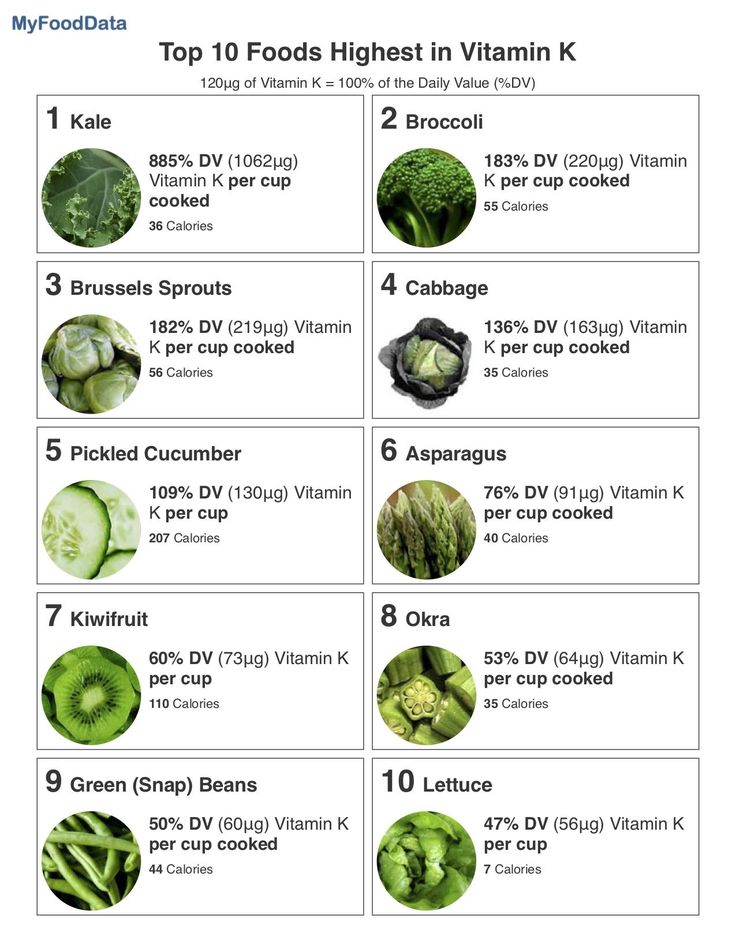
Compared to some drugs, vitamin K is considered very safe. The injection of vitamin K will occasionally result in infection (at the injection site), bruising or bleeding (as with any injection). It can cause pain to the baby when it is being given. There have been cases of the wrong drug being injected, but these are rare. Some people are concerned about other possible downsides to vitamin K, because it hasn’t been well researched. We have given vitamin K to millions of babies for many years because we know that it prevents almost all cases of VKDB. But we don’t know why babies have a relatively low level of vitamin K (compared to adults). It may be that this is beneficial to them in some way. No research has been done into this, and not enough research has been carried out into possible side effects. The fact that so much is unknown makes the decision difficult for some parents.
6. There are alternatives; it’s not always ‘all or nothing’.
What is Vitamin K? Why is it offered to all newborn babies? Does my baby need it? This book guides the reader on a journey through the information, debate and research on this topic.
As with many birth and parenting decisions, it’s not always an ‘all or nothing’ decision. For instance:
You may decide to have oral vitamin K rather than the injection. In this situation, be aware that Vitamin K is fat soluble. So in order to be properly absorbed by the baby’s body, it should be given with or just after a feed. Also be aware that it tastes bitter. Many babies will try to spit it out again and you might want to have your finger ready to scoot it back in!
You may decide to wait and see and make a decision according to your situation. There are a few key vitamin K information issues to consider. If your baby is breastfed and is slow to feed or has feeding problems, the chance of VKDB is higher and you may want to reconsider. If you or your baby have antibiotics, this can increase the chance of VKDB. Again, you may want to take that into account. Likewise if your baby has a procedure such as a tongue tie division or circumcision.
It is good to look into all aspects of this decision to make sure that you are fully informed.
7. It’s up to you
As I said at the beginning of this blog post, this is your decision. You have the right to have good information and make the decision that is right for you and your baby. I hear from midwives and others in some areas of the world (notably the USA) that parents are sometimes told that it is illegal to decline vitamin K. This may not be true, so please check what your rights are. It is also the case that, unfortunately, some parents are put under pressure to accept vitamin K. In some situations, senior professionals are brought in to try to persuade parents to accept it.
If you are thinking of declining vitamin K, I really would recommend that you look further into this area. Here’s a link to my book if you’d like to get more depth. We have an entire information hub on this topic, with links to several more articles and blog posts. And if you are thinking of declining vitamin K, please take a look at this information in particular.
If you’d like to know more about vitamin K, you might enjoy my book on this topic.
 And if you’re a midwife or other birth worker and you’d like to learn more about topics such as vitamin K and discuss how to best share information with parents-to-be with colleagues from around the world, join one of our online courses!
And if you’re a midwife or other birth worker and you’d like to learn more about topics such as vitamin K and discuss how to best share information with parents-to-be with colleagues from around the world, join one of our online courses!
Like this:
Like Loading...
Vitamin K at birth | Pregnancy Birth and Baby
Vitamin K at birth | Pregnancy Birth and Baby beginning of content5-minute read
Listen
Key facts
- Vitamin K helps your baby’s blood to clot.
- Babies need more vitamin K than they get from their mother during pregnancy or from breast milk.
- Parents of all newborns are offered a vitamin K injection for their baby soon after birth.
- This helps prevent babies from becoming vitamin K deficient.

- Without the injection, they are at risk of developing a condition called Vitamin K Deficiency Bleeding (known as VKDB).
What is vitamin K?
Vitamin K is an essential vitamin, and has an important role in maintaining good health by helping blood to clot. Vitamin K helps prevent serious bleeding.
Why is vitamin K important for my baby?
Vitamin K helps your baby’s blood clot and prevents serious bleeding. Babies do not get enough vitamin K naturally from their mother during pregnancy. Breast milk also does not provide babies with enough levels of vitamin K. This can result in vitamin K deficiency in newborns.
If your baby has vitamin K deficiency, they are at risk of developing a disease called Vitamin K Deficiency Bleeding, or VKDB. While VKDB is rare, it can be very serious as it can cause babies to bleed excessively and may cause them to bleed into their brain. This condition may result in brain damage and even death.
How is vitamin K given?
Vitamin K is usually given as a single injection in your baby’s leg muscle shortly after birth. If you prefer that your baby does not get an injection, they can have liquid vitamin K drops into their mouth. It is important to note that oral vitamin K drops are not absorbed as well by the body than injected vitamin K, so 3 doses of oral vitamin K are needed. The first dose is given at birth, the second at 3 to 5 days of age and the third when they are 4 weeks old.
If you prefer that your baby does not get an injection, they can have liquid vitamin K drops into their mouth. It is important to note that oral vitamin K drops are not absorbed as well by the body than injected vitamin K, so 3 doses of oral vitamin K are needed. The first dose is given at birth, the second at 3 to 5 days of age and the third when they are 4 weeks old.
Vitamin K injections are preferred over the oral drops for all babies. Some babies aren’t able to have oral vitamin K, such as if the mother was taking certain medications while pregnant, or if your baby is premature, unwell, taking antibiotics or has diarrhoea.
Can all babies have vitamin K?
Yes, all babies can have vitamin K. If your baby is premature or very small, they might need a smaller dose of vitamin K. You can discuss this with your doctor.
How much does vitamin K cost?
Vitamin K injections or drops are free. The cost is covered by the government for all babies born in Australia.
Does vitamin K have any side effects? What should I look out for?
Vitamin K in newborns is not associated with any side effects, and has been given to Australian babies for more than 30 years. Studies have investigated whether there is an association between injected vitamin K and childhood cancers. Doctors and scientists have concluded that vitamin K injections are safe and beneficial for babies, and that there is no link between vitamin K and childhood cancer.
If your baby has not had a vitamin K injection or the full 3-dose course of vitamin K oral drops it is important that you look out for:
- unexplained bleeding or bruising
- showing signs of jaundice after they are 3 weeks old
If they show any of these symptoms, see your doctor or midwife immediately.
If your baby has liver problems, they may be at a higher risk of bleeding, even if they have had their recommended dose of vitamin K.
Does my baby need to have vitamin K?
It is your choice whether to give your baby vitamin K or not.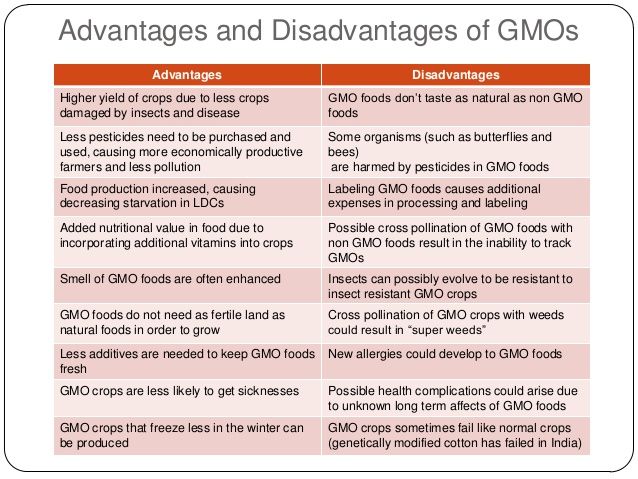 However, giving vitamin K to your newborn is an easy way to prevent a very serious disease. Health authorities in Australia and throughout the world recommend giving vitamin K to all newborn babies — even babies who were born prematurely or are sick.
However, giving vitamin K to your newborn is an easy way to prevent a very serious disease. Health authorities in Australia and throughout the world recommend giving vitamin K to all newborn babies — even babies who were born prematurely or are sick.
How do I get vitamin K for my baby?
During your pregnancy your doctor or midwife will talk to you about vitamin K, including the pros and cons of giving your baby vitamin K by injection or by mouth. Your doctor or midwife will then note this on your file. Your baby will receive vitamin K soon after birth by a doctor or a midwife, based on your decision.
If you have chosen to give your baby vitamin K by mouth then your baby will need to receive 2 more doses after the dose they receive at birth. The second dose can be given in hospital at the same time as your baby has their newborn screening test, or by your local doctor or healthcare worker. It is important to remember to arrange your baby’s third dose when they are 4 weeks old.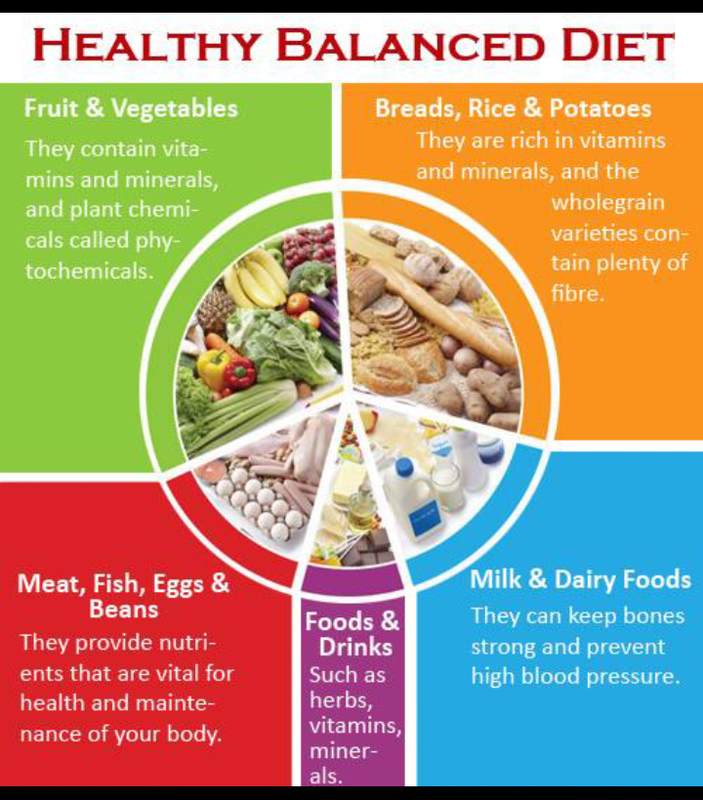 This important final dose can also be given by your doctor or health care worker.
This important final dose can also be given by your doctor or health care worker.
If you are having a home birth, be sure to discuss giving your baby vitamin K with your midwife. Homebirth midwives are required to have all essential equipment available for a planned home birth, including vitamin K injections.
Sources:
Australian Government, National Health and Medical Research Council (Vitamin K for Newborn Babies), South Australian Neonatal Medication Guidelines (Vitamin K), NSW Health (Having a baby - Labour and birth), SA Health (Planned Birth at Home in SA. 2018 Clinical Directive), The Royal Women Hospital Australia (Tests and Medicines for Newborn Babies)Learn more here about the development and quality assurance of healthdirect content.
Last reviewed: June 2022
Back To Top
Related pages
- Your baby in the first few days
- Baby's first 24 hours
Need more information?
Vitamin K for newborns | NHMRC
Vitamin K helps blood to clot and is essential in preventing serious bleeding in infants.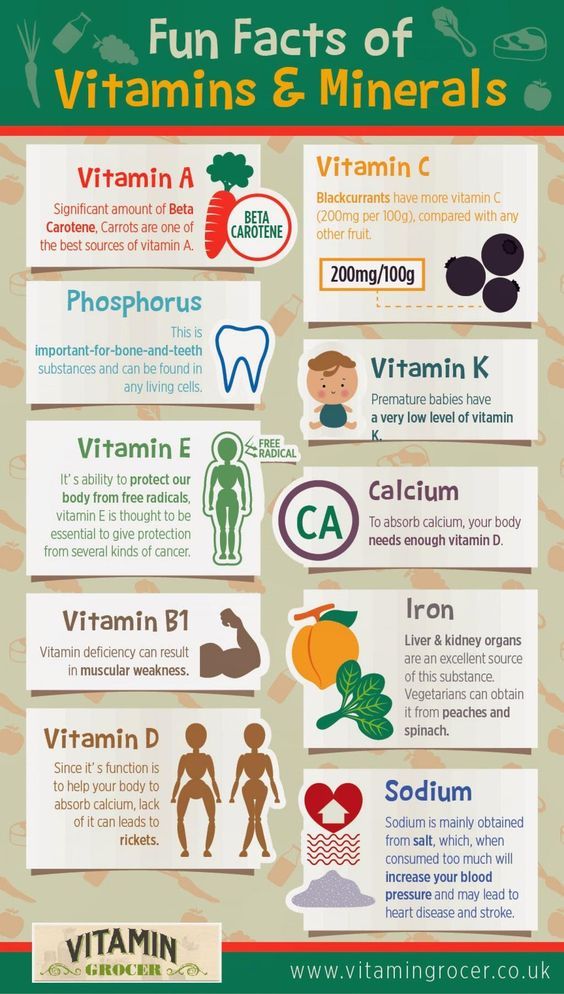 Vitamin K deficiency bleeding can be prevented by the administration of vitamin K soon after birth. By the age of approximately six months, infants have built up their own supply of vitamin K.
Vitamin K deficiency bleeding can be prevented by the administration of vitamin K soon after birth. By the age of approximately six months, infants have built up their own supply of vitamin K.
Read more on NHMRC – National Health and Medical Research Council website
Vitamin K and newborn babies - Better Health Channel
With low levels of vitamin K, some babies can have severe bleeding into the brain, causing significant brain damage.
Read more on Better Health Channel website
At birth | Sharing Knowledge about Immunisation | SKAI
Most babies get two needles (injections) at birth. One is the hepatitis B vaccine and the other is a vitamin K injection. They are usually given in babies’ legs.
Read more on National Centre for Immunisation Research and Surveillance (NCIRS) website
Children and vitamins
Very few kids actually need to take vitamin and mineral supplements, they can get everything they need from a balanced diet.
Read more on Pregnancy, Birth & Baby website
Vitamin and mineral supplements - what to know - Better Health Channel
Vitamin and mineral supplements are frequently misused and taken without professional advice. Find out more about vitamin and mineral supplements and where to get advice.
Read more on Better Health Channel website
Vitamins & minerals for kids & teens | Raising Children Network
Children need vitamins and minerals for health and development. They can get vitamins and minerals by eating a variety of foods from the five food groups.
Read more on raisingchildren.net.au website
Itching during pregnancy
Mild itching is common in pregnancy because of the increased blood supply to the skin, but if the itching becomes severe it can be a sign of a liver condition called 'obstetric cholestasis'.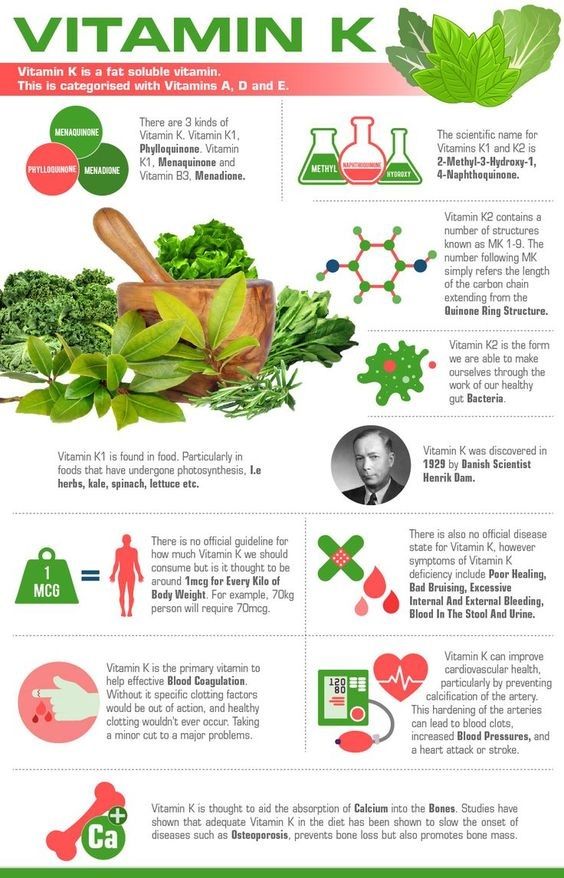
Read more on Pregnancy, Birth & Baby website
Baby's first 24 hours
There is a lot going on in the first 24 hours of your baby's life, so find out what you can expect.
Read more on Pregnancy, Birth & Baby website
ACD A-Z of Skin - Intrahepatic Cholestasis of Pregnancy
A-Z OF SKIN Intrahepatic Cholestasis of Pregnancy BACK TO A-Z SEARCH What is it? Also known as … Recurrent Cholestasis of Pregnancy, Obstetric Cholestasis, Cholestasis of Pregnancy, Recurrent Jaundice of Pregnancy, Cholestatic Jaundice of Pregnancy, Idiopathic Jaundice of Pregnancy, Prurigo gravidarum, Icterus Gravidarum What is it? Intrahepatic cholestasis of pregnancy is a rare liver condition which causes an itchy skin
Read more on Australasian College of Dermatologists website
Pregnancy at week 40
Your baby will arrive very soon – if it hasn't already. Babies are rarely born on their due date and many go past 40 weeks.
Babies are rarely born on their due date and many go past 40 weeks.
Read more on Pregnancy, Birth & Baby website
Disclaimer
Pregnancy, Birth and Baby is not responsible for the content and advertising on the external website you are now entering.
OKNeed further advice or guidance from our maternal child health nurses?
1800 882 436
Video call
- Contact us
- About us
- A-Z topics
- Symptom Checker
- Service Finder
- Linking to us
- Information partners
- Terms of use
- Privacy
Pregnancy, Birth and Baby is funded by the Australian Government and operated by Healthdirect Australia.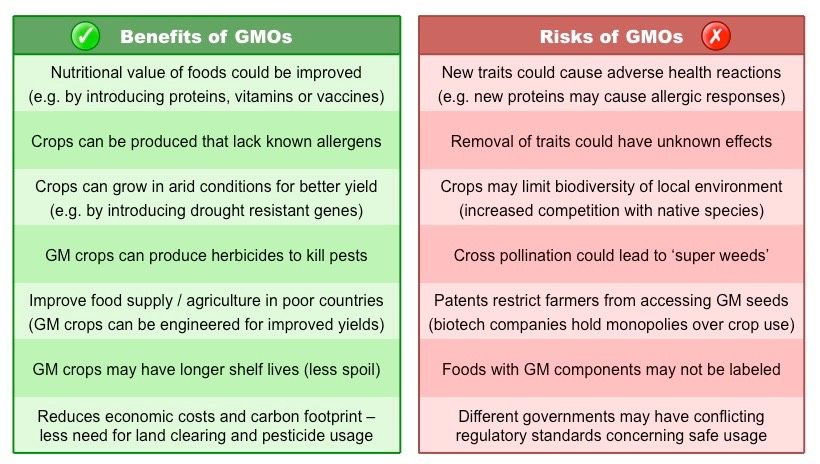
Pregnancy, Birth and Baby is provided on behalf of the Department of Health
Pregnancy, Birth and Baby’s information and advice are developed and managed within a rigorous clinical governance framework. This website is certified by the Health On The Net (HON) foundation, the standard for trustworthy health information.
This site is protected by reCAPTCHA and the Google Privacy Policy and Terms of Service apply.
This information is for your general information and use only and is not intended to be used as medical advice and should not be used to diagnose, treat, cure or prevent any medical condition, nor should it be used for therapeutic purposes.
The information is not a substitute for independent professional advice and should not be used as an alternative to professional health care. If you have a particular medical problem, please consult a healthcare professional.
Except as permitted under the Copyright Act 1968, this publication or any part of it may not be reproduced, altered, adapted, stored and/or distributed in any form or by any means without the prior written permission of Healthdirect Australia.
Support this browser is being discontinued for Pregnancy, Birth and Baby
Support for this browser is being discontinued for this site
- Internet Explorer 11 and lower
We currently support Microsoft Edge, Chrome, Firefox and Safari. For more information, please visit the links below:
- Chrome by Google
- Firefox by Mozilla
- Microsoft Edge
- Safari by Apple
You are welcome to continue browsing this site with this browser. Some features, tools or interaction may not work correctly.
Why are newborns given vitamin K injections?
At Mother and Child clinics, we recommend vitamin K injections for all newborns to prevent hemorrhagic disease.
Hemorrhagic disease (HRD), or vitamin K-deficient hemorrhagic syndrome, is a disease manifested by increased bleeding in newborns and children during the first months of life, due to a deficiency of blood coagulation factors, the activity of which depends directly on vitamin K.
Vitamin K of plant origin, which is called vitamin K 1 or phylloquinone, enters the body with food - green vegetables, vegetable oils, dairy products. Another form of vitamin K, vitamin K2, or menaquinone, is of bacterial origin. Vitamin K 2 is mainly synthesized by the intestinal microflora, which is extremely poor in newborns.
In healthy newborns, the level of vitamin K-dependent coagulation factors in blood plasma is 30-60% of that in adults. Their concentration increases gradually and reaches the level of adults by the sixth week of life. In almost all healthy full-term infants in the first five days of life, there is a decrease in the level of procoagulants, physiological anticoagulants and plasminogen.
For the newborn, the only source of vitamin K is mother's milk, formula or medicine. Moreover, the amount of vitamin K received by a child depends on the type of feeding. The level of vitamin K 1 in breast milk ranges from 1 to 10 µg/l, on average 2-2.5 µg/l, which is significantly lower than in artificial milk formulas (about 50 µg/l in mixtures for full-term babies; 60 -100 mcg / l - in mixtures for premature babies). Thus, newborns, due to their physiological characteristics of the coagulation system and vitamin K metabolism, are predisposed to the development of vitamin K-deficient hemorrhagic syndrome.
Thus, newborns, due to their physiological characteristics of the coagulation system and vitamin K metabolism, are predisposed to the development of vitamin K-deficient hemorrhagic syndrome.
PLEASE NOTE! Poor blood clotting is a condition dangerous for the body, in which bleeding or hemorrhage is noted in various organs. This pathology develops in 0.25-0.5% of newborns.
RISK FACTORS FOR THE DEVELOPMENT OF RHD
• Exclusive breastfeeding
• Lack of prophylactic administration of vitamin K immediately after birth
• Chronic fetal hypoxia and asphyxia at birth
• Giving birth
• Intrauterine development delay
• Giving birth by cesarean section
• Nedness
• The use of a wide range of
• Long -term parenteral nutrition in the conditions of inadequate supply of
• Diseases and condition of the child that contribute impaired synthesis and absorption of vitamin K
• malabsorption syndrome (cystic fibrosis, diarrhea with fat malabsorption lasting more than one week)
• short bowel syndrome;
• cholestasis;
• pre-eclampsia
• maternal diseases (liver and intestinal diseases).
Vitamin K for the prevention of bleeding in newborns
Vitamin K is required for the synthesis of blood coagulation factors in the liver, which include factors II (prothrombin), VII, IX and X, as well as anticoagulant proteins C and S. In newborns at term, especially those who are exclusively breastfed may develop vitamin K deficiency and therefore associated bleeding because breast milk contains very low levels of vitamin K.
Problematic and management of bleeding in preterm infants
Premature infants are potentially at even higher risk of developing vitamin K deficiency-associated bleeding due to delayed feeding and subsequent delay in colonization of their gastrointestinal tract by microflora involved in vitamin K production, use of antibacterial drugs, as well as due to inferior liver function and hemostasis. The administration of vitamin K preparations to prevent bleeding associated with vitamin K deficiency has been described to some extent in both term and premature infants. It is indicated that a single intramuscular injection of 1 mg of a vitamin K preparation after birth is effective in this regard.
It is indicated that a single intramuscular injection of 1 mg of a vitamin K preparation after birth is effective in this regard.
There is evidence that not only injectable but also oral vitamin K supplementation improves biochemical parameters of coagulation in infants. However, none of these approaches has been studied in the framework of randomized trials for bleeding of various periods (early, classic and late) after birth. Concern has also been expressed about the prophylactic use of vitamin K preparations due to the presence of phenol in their composition, which has potentially carcinogenic properties. A systematic review of the literature did not reveal an increased risk of malignant neoplasms in children after intramuscular injections of vitamin K preparations, so the American Academy of Pediatrics (AAP) continues to recommend prophylactic intramuscular administration of 0.5-1 mg of a vitamin K preparation to infants after birth to prevent early, classic and late form of associated bleeding in term babies.
Recommendations for the use of vitamin K supplements in preterm infants are less specific because associated bleeding has not been widely discussed in the literature. This may be partly due to the fact that most preterm infants in intensive care units are routinely given prophylactic vitamin K supplementation, and that parenteral nutrition is started early, providing preterm infants with more than enough vitamin K. However, there are many reasons to believe that preterm infants may be at greater risk of associated bleeding, and that these bleeding may be more important, especially in relation to the risk of intraventricular hemorrhage.
Based on this, scientists in the United States of America conducted a systematic review of studies to determine the effect of vitamin K supplementation in preventing vitamin K deficiency-associated bleeding in preterm infants. The results of this work were published on February 5, 2018 in the Cochrane Database of Systematic Reviews.
Trial and participant selection criteria
Searched Cochrane Central Register of Controlled Trials, World Health Organization International Clinical Trials Registry Platform, and electronic databases MEDLINE, PubMed, Embase, CINAHL, and others.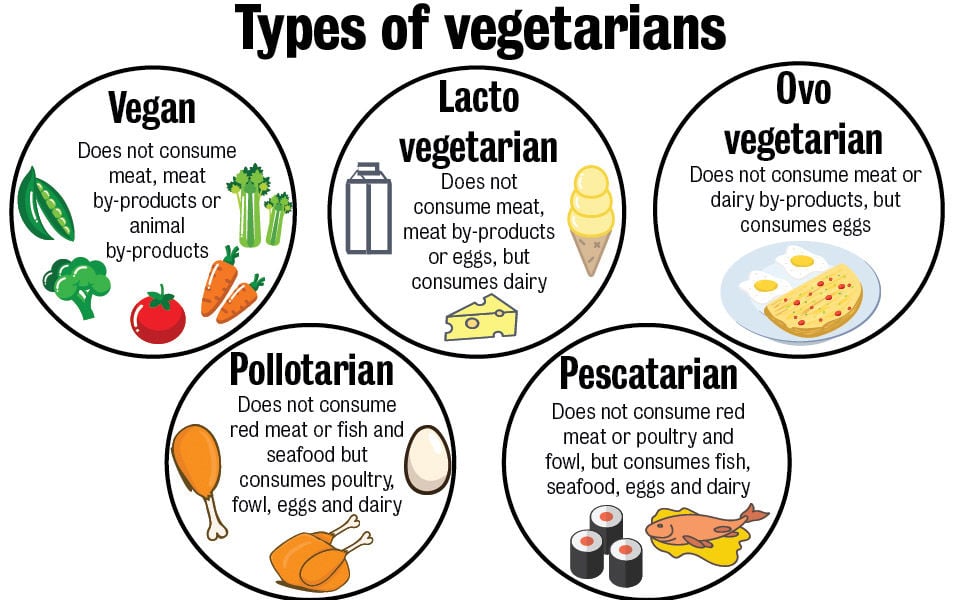 Scientists reviewed randomized and quasi-randomized controlled trials of any vitamin K supplement given to preterm infants. At the same time, intramuscular and intravenous injections, as well as oral use of various vitamin K preparations in various dosages, were compared with non-intervention. As a result, 899 records, of which scientists analyzed 7 full-text studies.
Scientists reviewed randomized and quasi-randomized controlled trials of any vitamin K supplement given to preterm infants. At the same time, intramuscular and intravenous injections, as well as oral use of various vitamin K preparations in various dosages, were compared with non-intervention. As a result, 899 records, of which scientists analyzed 7 full-text studies.
Primary outcomes
- Any bleeding.
- Any serious bleeding requiring immediate blood transfusion.
- Gastrointestinal bleeding.
- Intracranial hemorrhages.
*All types of bleeding in the primary outcomes were studied in two subgroups: infants less than 7 days of age and older.
Secondary outcomes included laboratory parameters (at and after the first week of life) and potential side effects of prophylactic vitamin K supplementation.
Findings and conclusions from a systematic review Compared with non-intervention, and in only one study, scientists have considered various dosages and routes of administration of vitamin K supplements in preterm infants.
 The results obtained indicate that the majority of infants who received intramuscular or intravenous injections of vitamin K preparations at a dosage of 0.2 mg had supraphysiological levels of vitamin K in the blood on the 5th day of life.
The results obtained indicate that the majority of infants who received intramuscular or intravenous injections of vitamin K preparations at a dosage of 0.2 mg had supraphysiological levels of vitamin K in the blood on the 5th day of life. At the same time, it was found that intravenous administration of 0.2 mg of the drug is slightly more effective than intramuscular injection of 0.5 mg, according to analyzes of the level of vitamin K in the blood at the end of the observation. However, there were no significant differences between the use of 0.2 mg intravenous, 0.2 and 0.5 mg intramuscular vitamin K in relation to general pathologies associated with prematurity, including other clinical bleeding, sepsis, ventriculomegaly, as well as in relation to mortality. .
Another study looked at blood concentrations of vitamin K in infants 22 to 32 weeks of gestational age who received either 1 mg or 0.5 mg of a vitamin K preparation as part of prophylaxis, with the dosage determined by the attending physician at the infants' admission to the unit neonatal intensive care.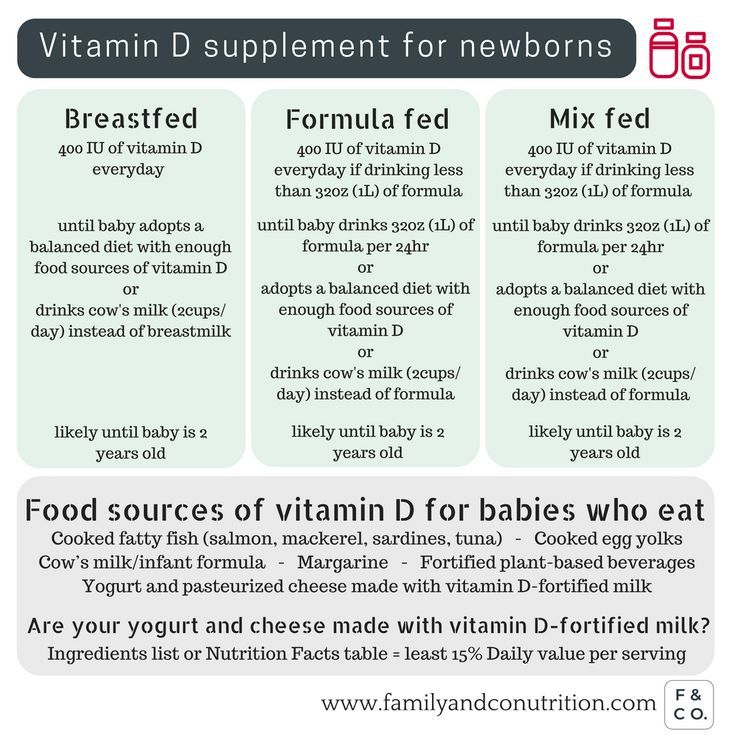 Infants were exclusively breastfed, with the exception of individual cases when this was not possible. It was found that the difference in the concentration of vitamin K in the blood of infants on the 2nd and 10th day of life was not statistically significant between the two groups.
Infants were exclusively breastfed, with the exception of individual cases when this was not possible. It was found that the difference in the concentration of vitamin K in the blood of infants on the 2nd and 10th day of life was not statistically significant between the two groups.
In conclusion, the investigators concluded that preterm infants are currently receiving unreasonably high doses of vitamin K supplements in some cases. The investigators argue that, due to uncertainty, clinicians should extrapolate data from term newborns to preterm infants. Because there is no available evidence that vitamin K is harmful or ineffective, and because vitamin K is inexpensive, it would be prudent to follow the recommendations of expert bodies and prescribe vitamin K supplements to preterm infants. In this regard, further studies are needed on the appropriate dosages and routes of administration of vitamin K preparations, especially among preterm infants <30 weeks of gestational age, who are at high risk of developing hemorrhagic complications such as intraventricular hemorrhage.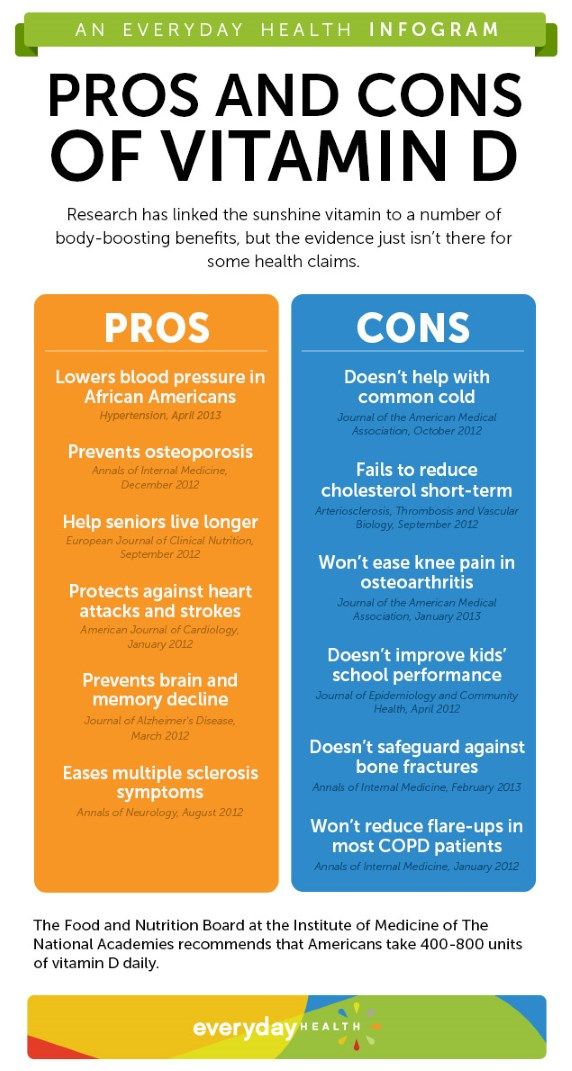
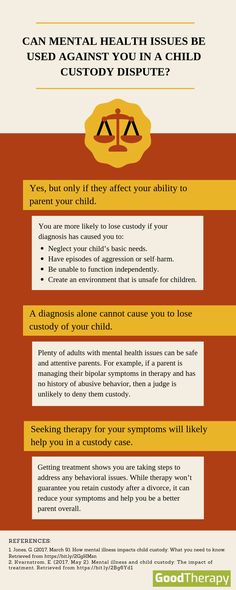
:strip_icc():format(jpeg)/kly-media-production/medias/44327/original/penyakit-plasenta-130708-b.jpg)

